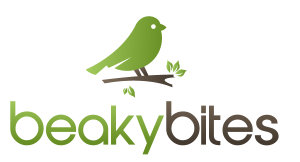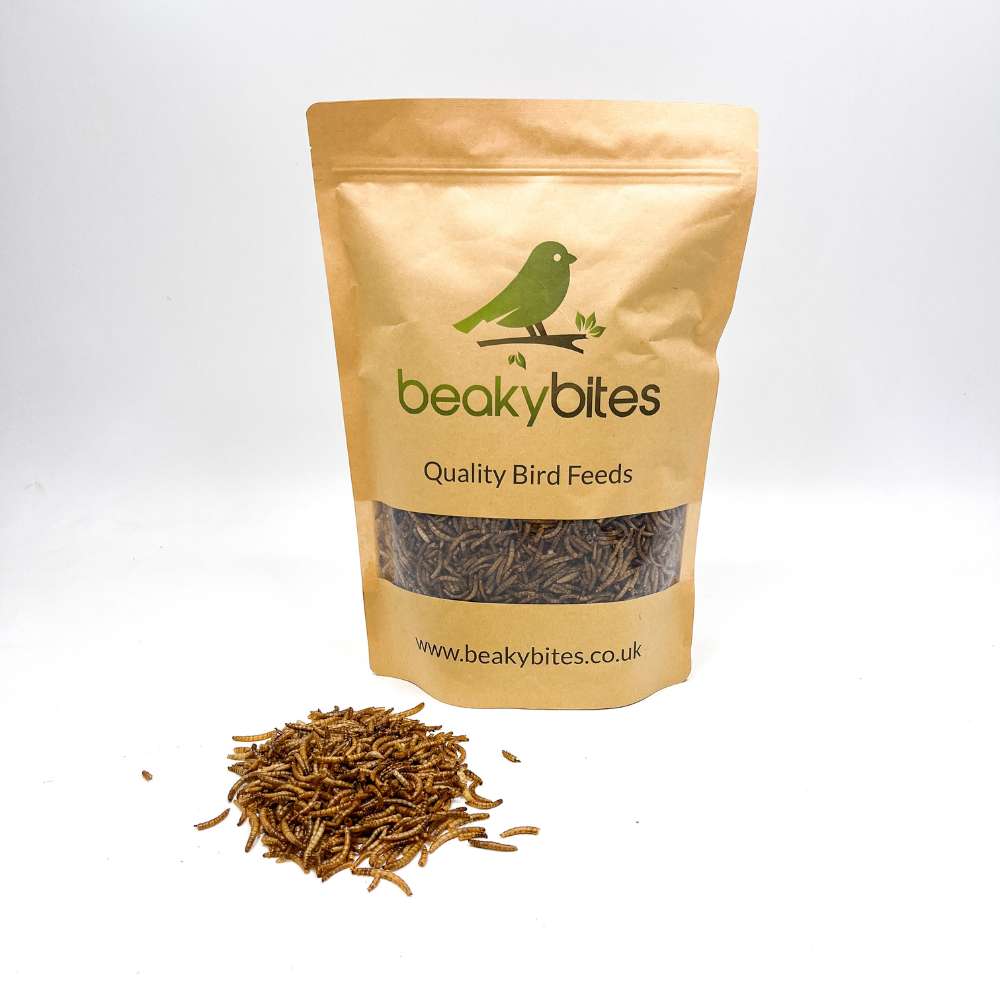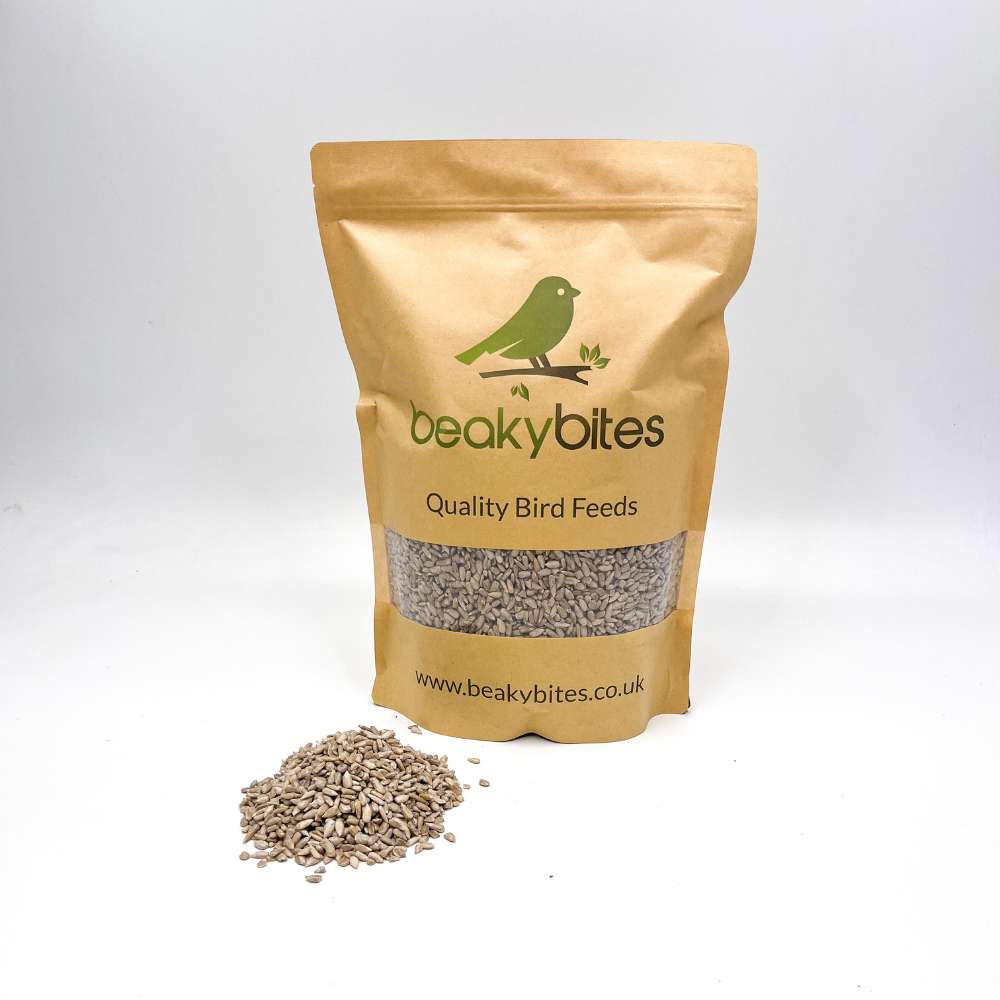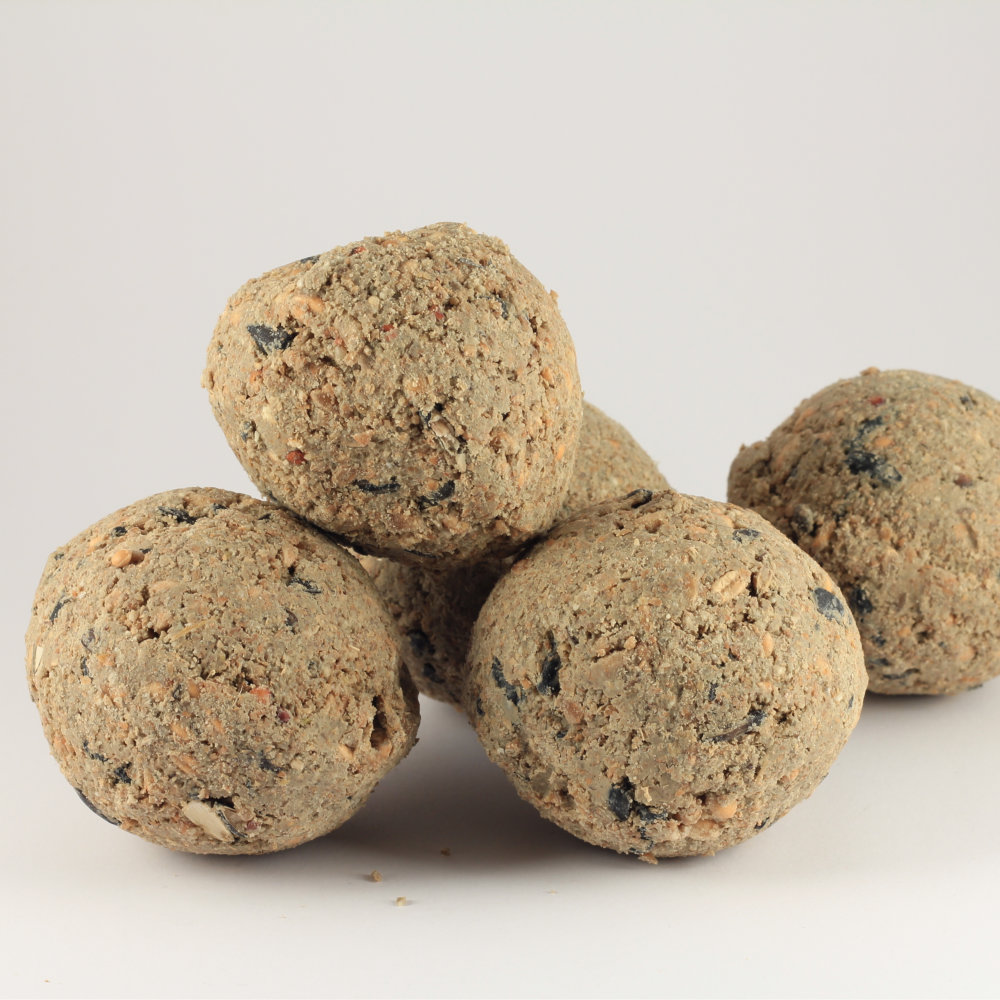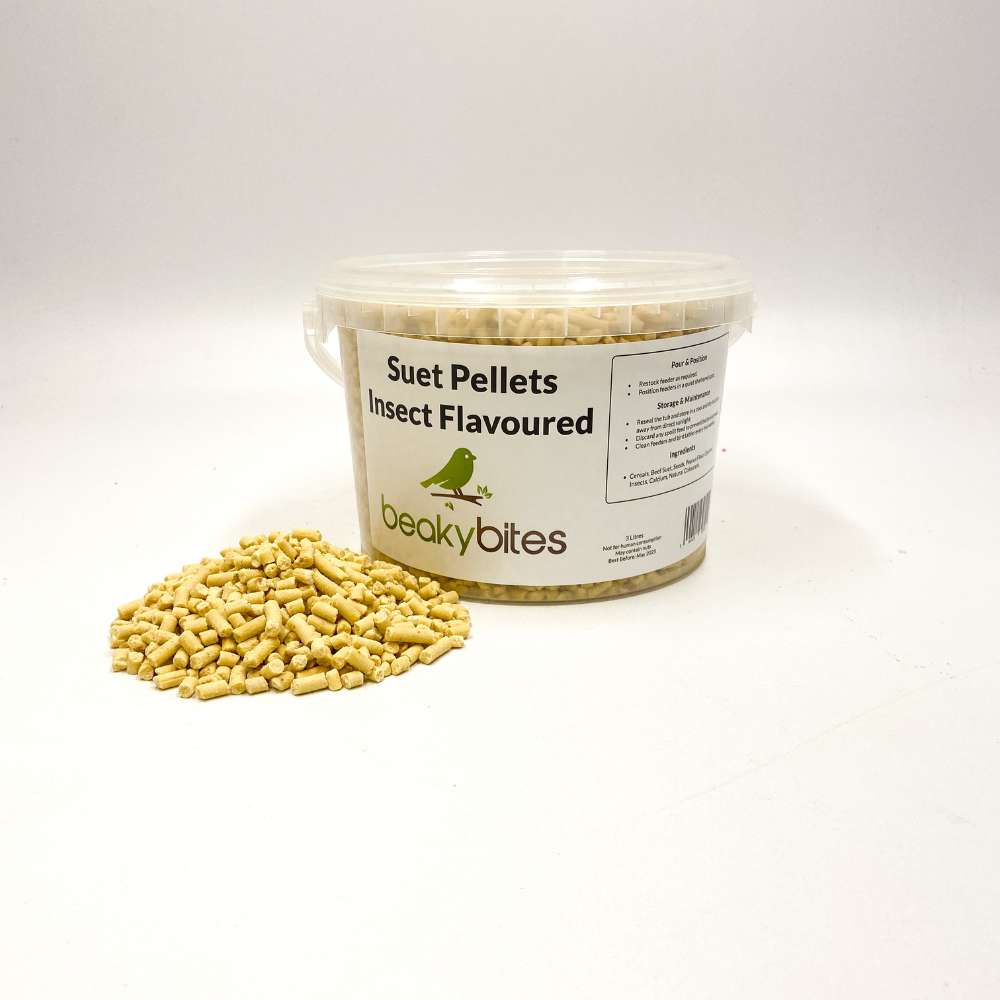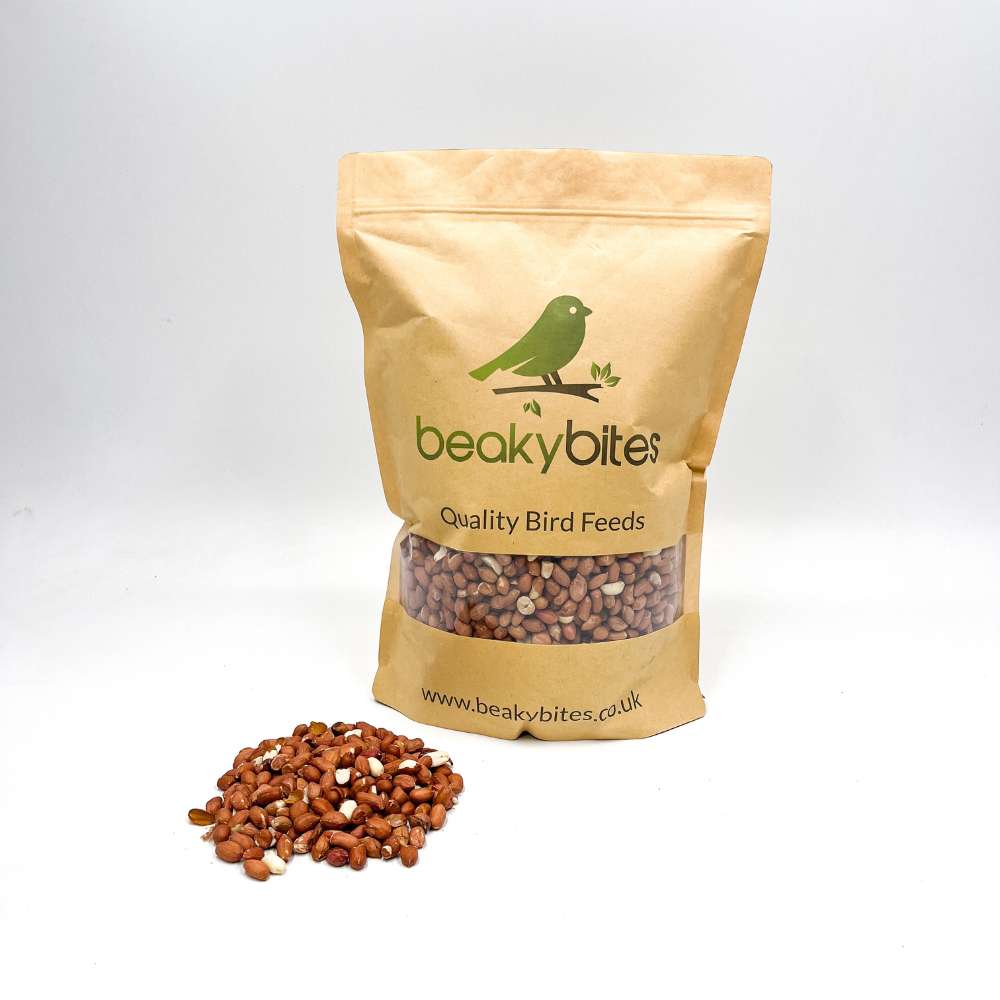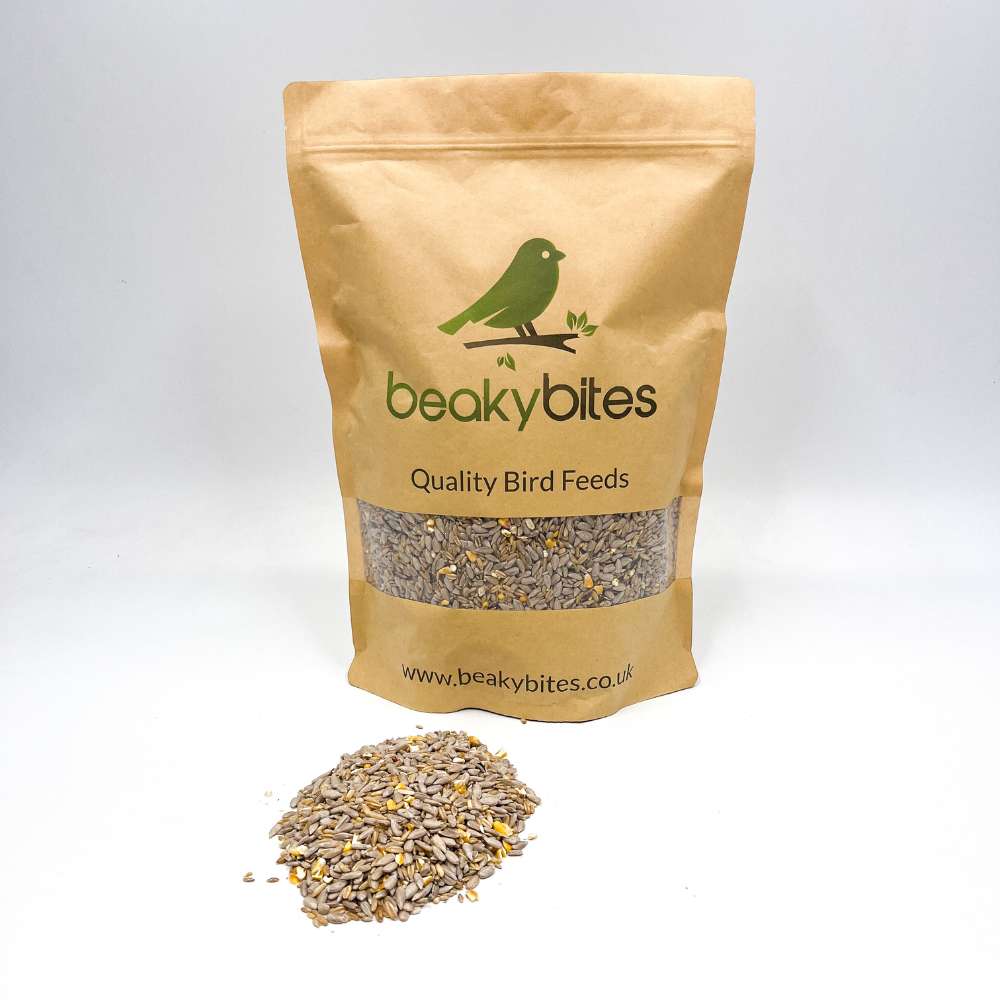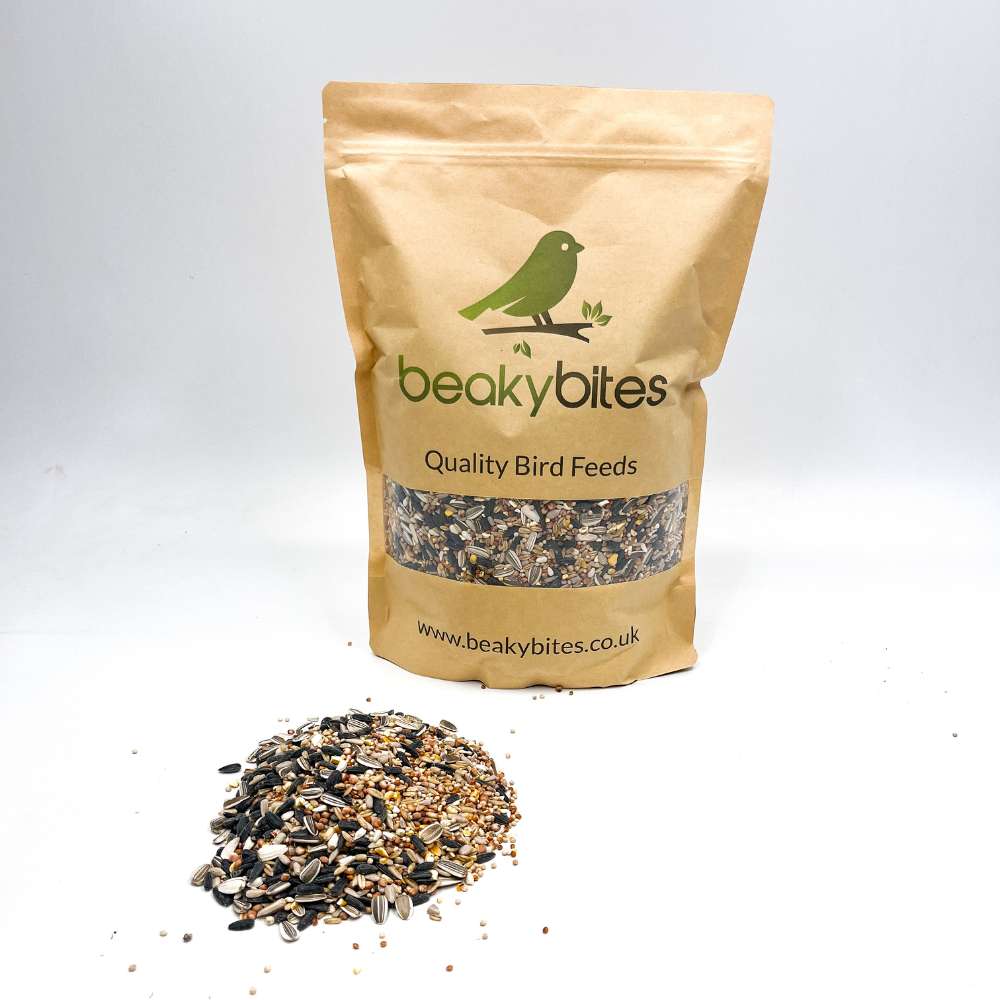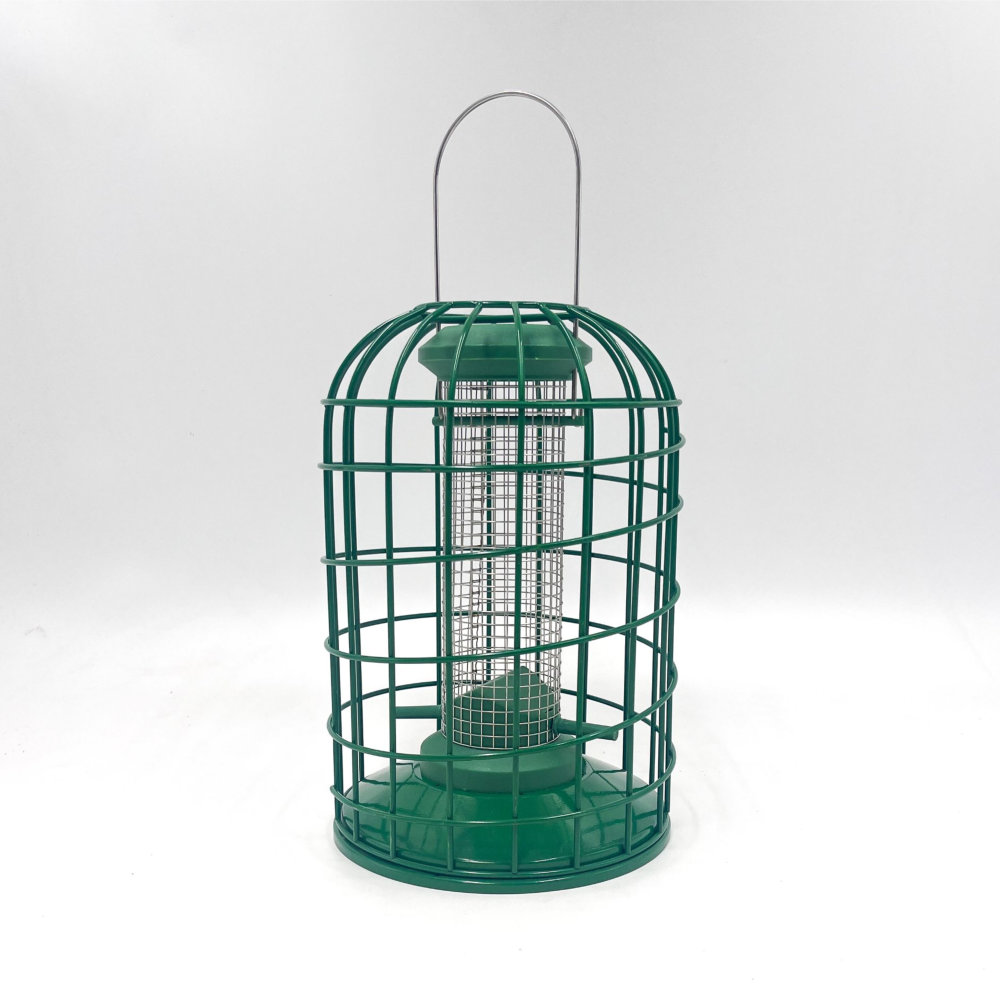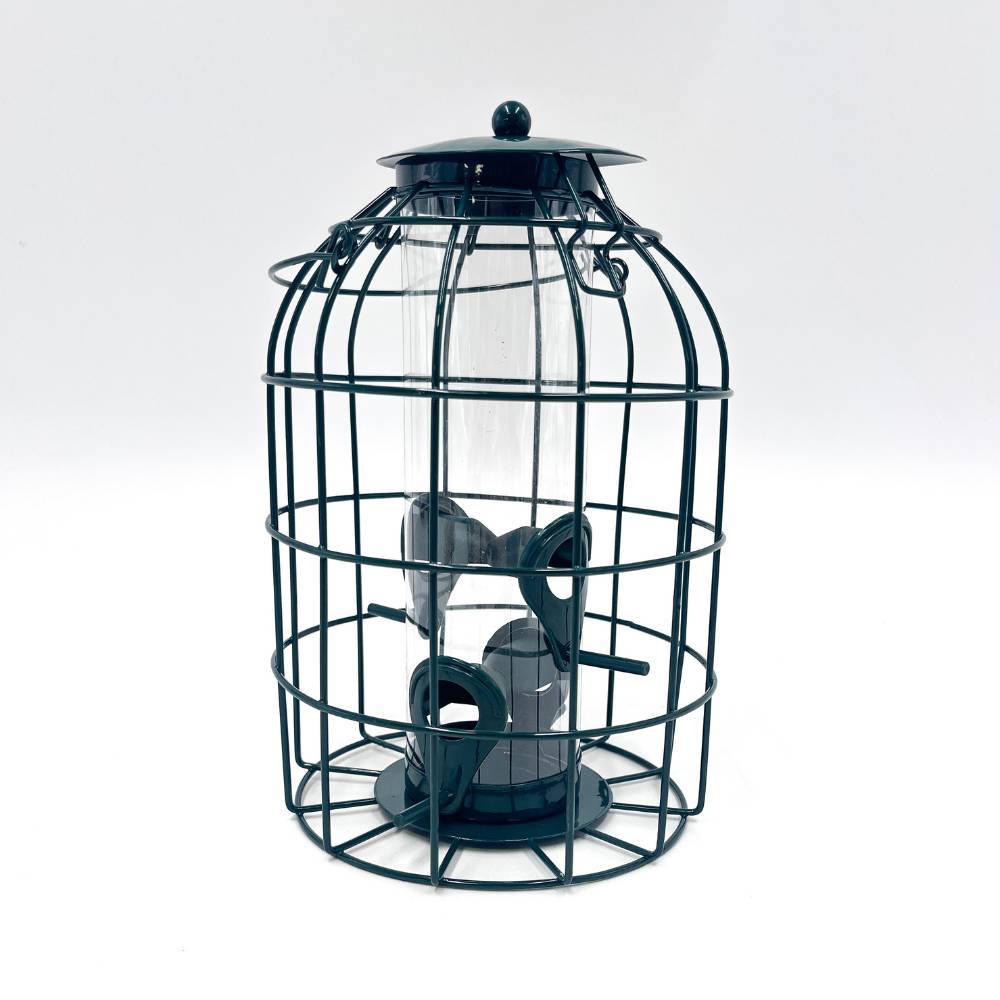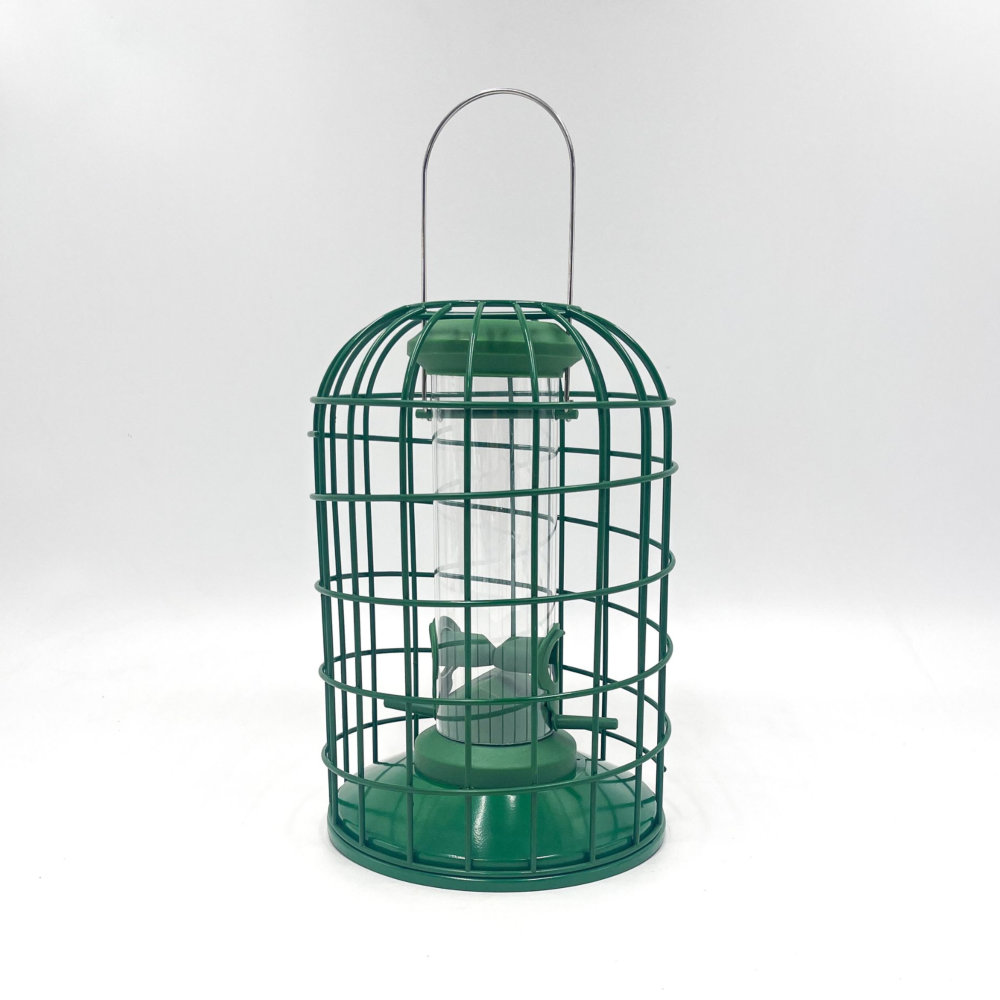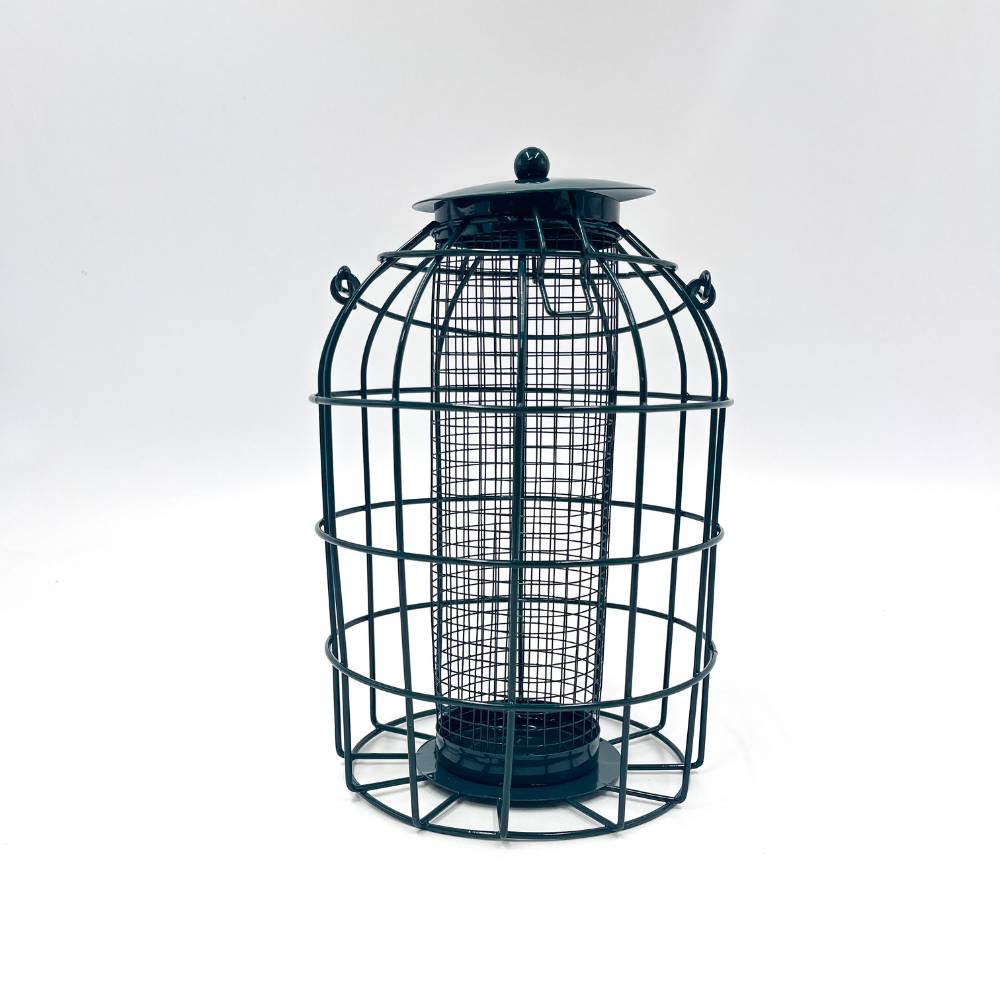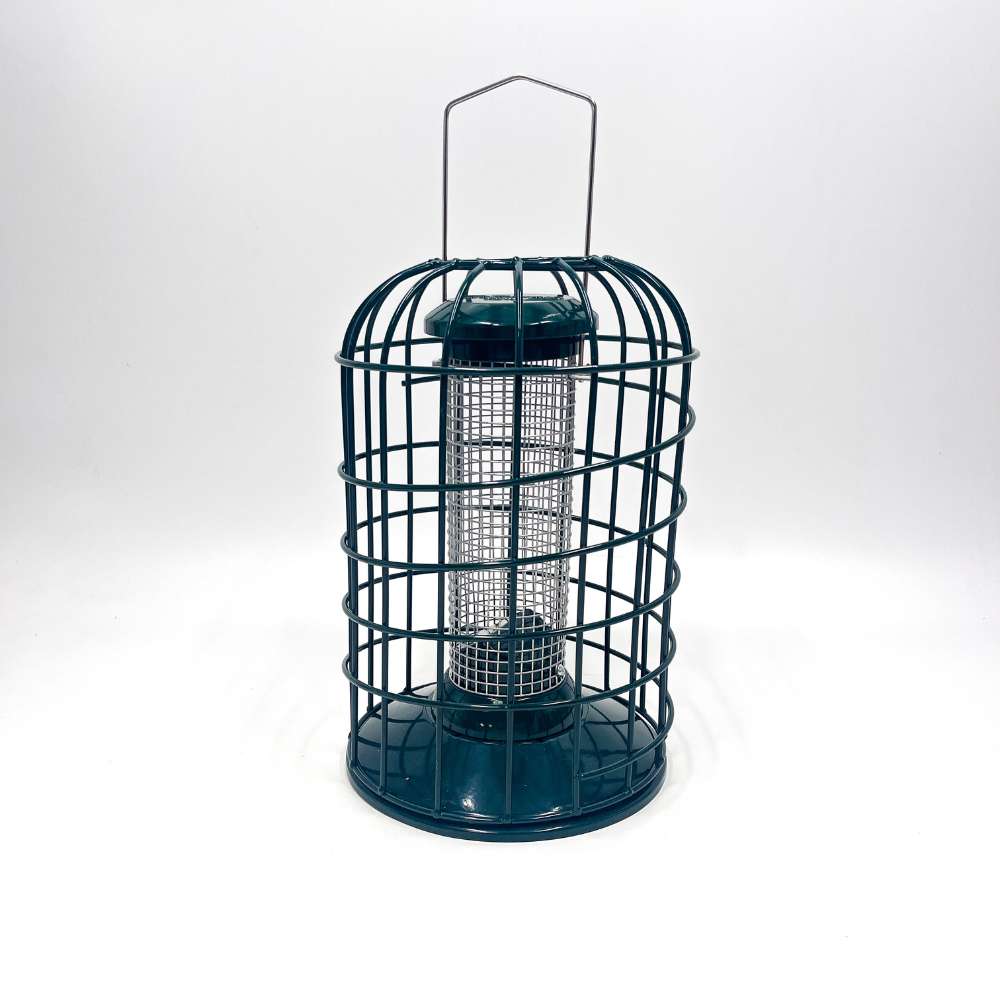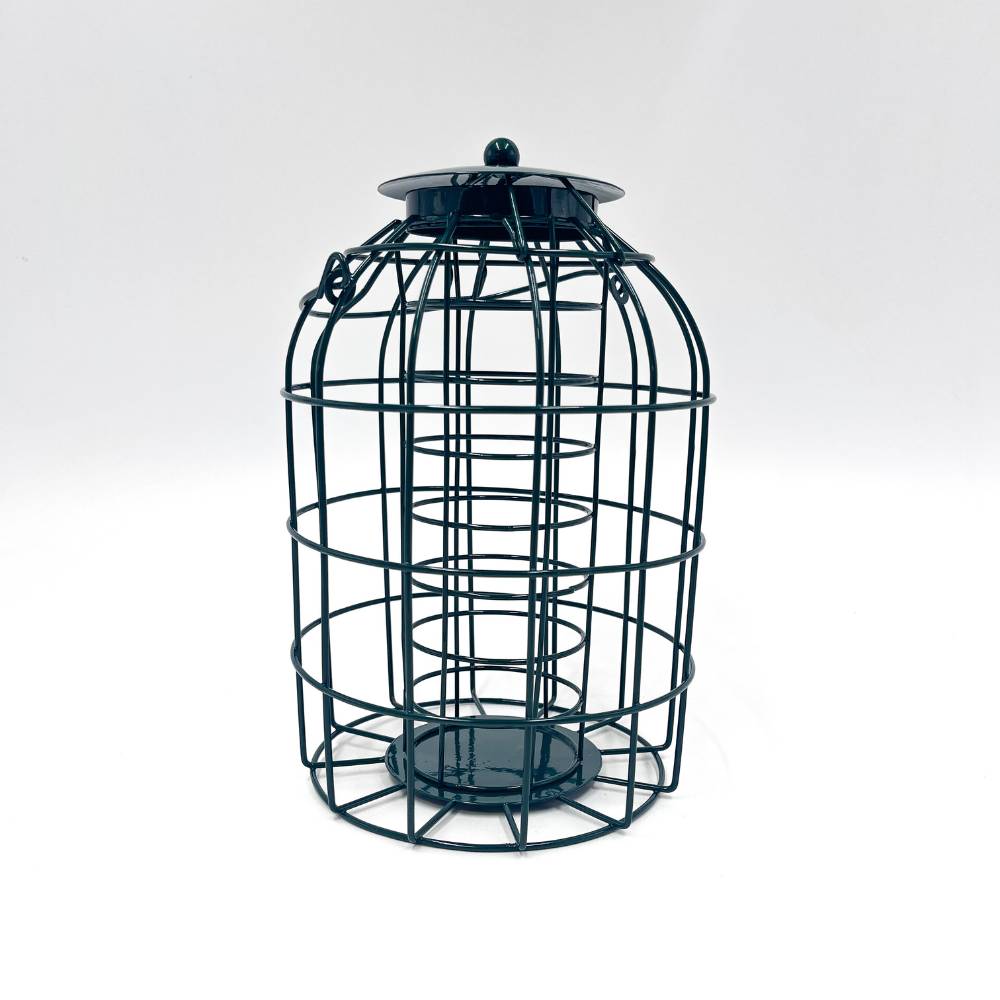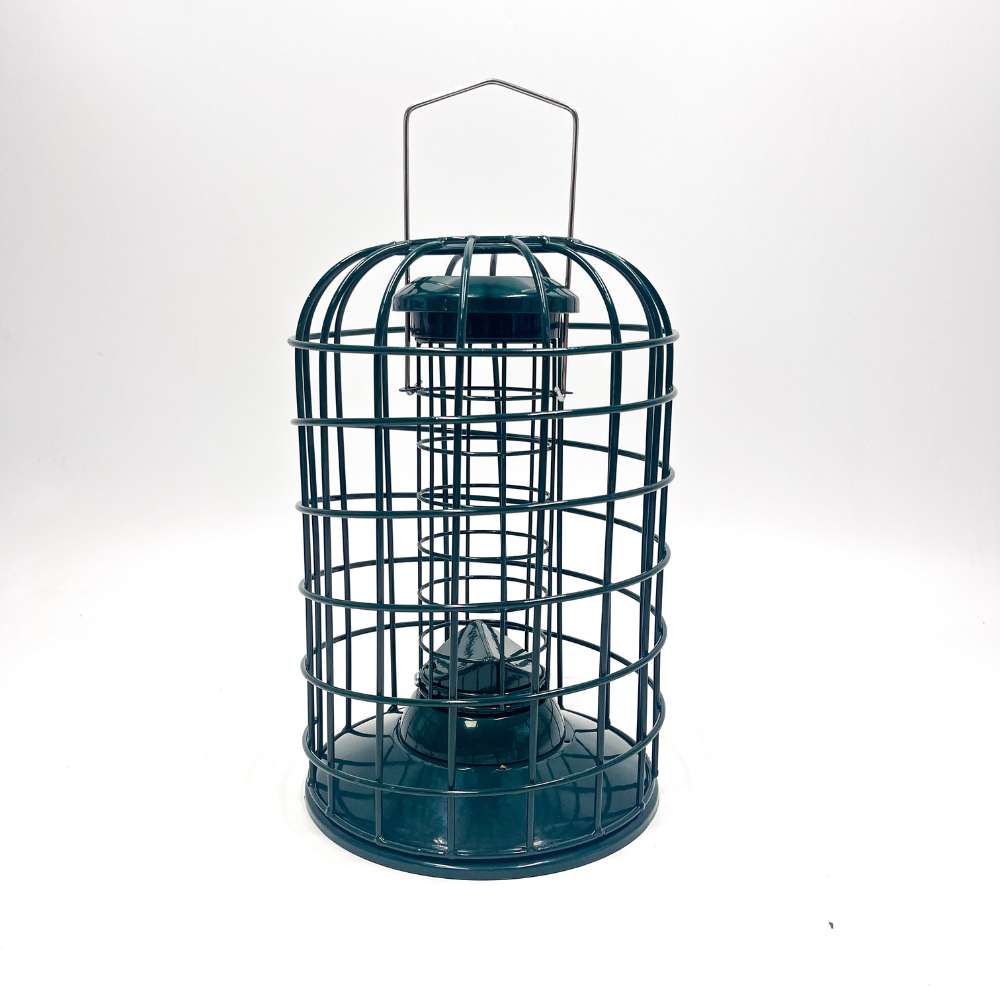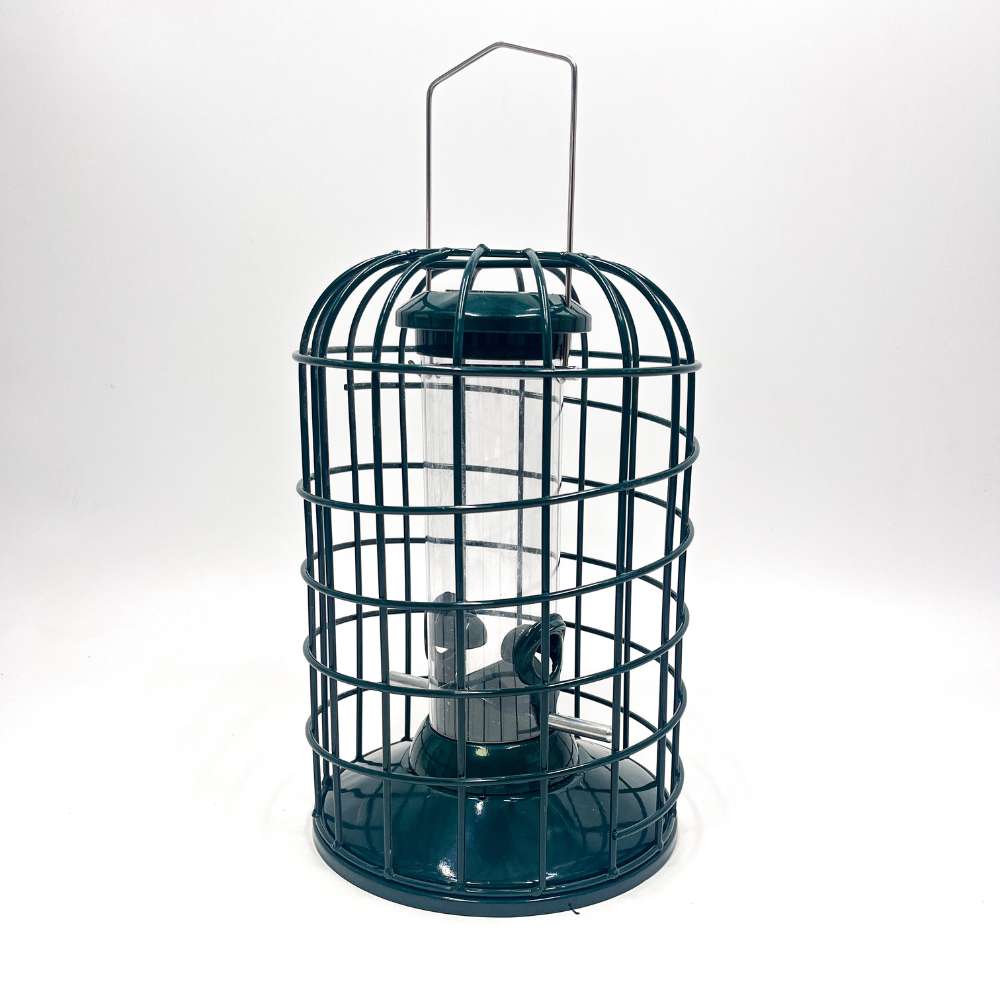The Big 5 for Bird Feeding
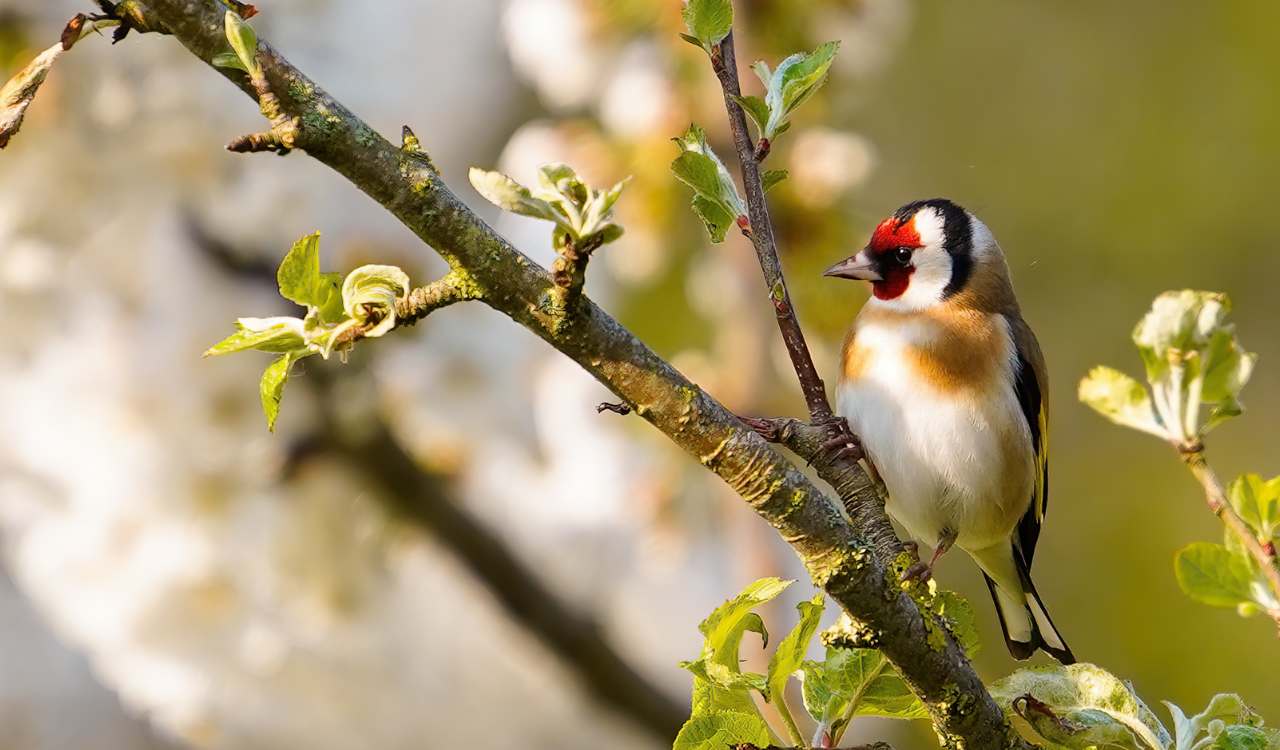
Top 5 Things to Consider When Feeding Your Garden Birds
Feeding our feathered friends in the garden goes beyond just scattering some seeds—it’s about creating a place they can thrive. In this blog, we're diving into the Top 5 Things to Consider When Feeding Your Garden Birds.
We'll explore everything from finding the perfect spot for your feeders to choosing the best foods and keeping their water fresh. Plus, we'll cover how to keep them safe from pesky predators. These tips will help turn your garden into a bird friendly paradise where our winged neighbours can eat, drink, and flourish.
What We'll Cover
- Location: Where are the best places to set up bird feeders in your garden to ensure safety, visibility, and accessibility for a variety of bird species.
- Quality Feed: Learn about the importance of providing high quality, nutritious food options that cater to the specific needs of different birds.
- Water: Fresh water is crucial in bird care, especially during hot weather, for hydration, cleaning and socialising.
- Protection: Protect bird feeders from predators and pests, ensuring that your feathered friends can feed safely and comfortably.
- Cleaning: Regular cleaning of feeders and water sources can prevent disease and keep your garden a healthy, inviting space for birds to visit.
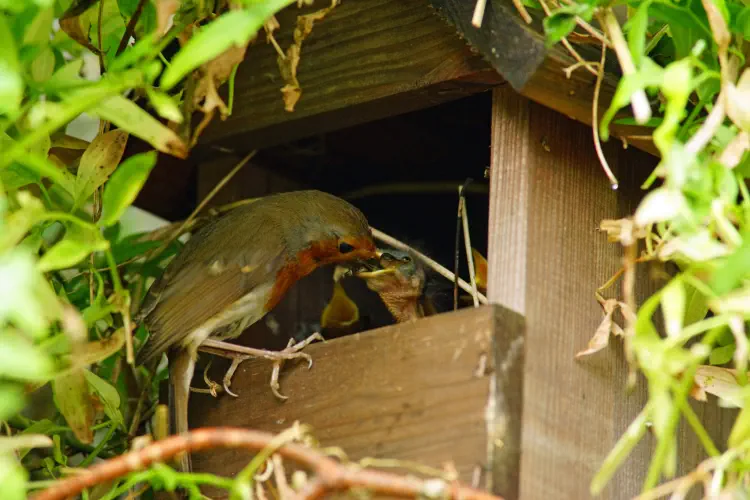
Positioning Your Feeders for Success
The placement of your bird feeders is crucial for attracting and keeping birds safe. Position feeders in areas that are easily visible to birds but also offer some protection from predators. Ideally, place feeders near shrubs, trees, or other natural cover that provides birds with a quick escape route if threatened. This not only helps birds feel safe while feeding but also encourages a greater variety of species to visit your garden.
Avoid placing feeders too close to windows to prevent bird collisions. If you must place a feeder near a window, consider using decals or netting to make the glass more visible to birds. Additionally, situate feeders away from high traffic areas of your garden to reduce disturbances that could scare birds away.
Another key consideration is accessibility for you. Ensure feeders are easy to reach for refilling and cleaning. Regular maintenance is essential for keeping feeders hygienic and stocked with fresh food, so placing them in convenient locations will make this task easier.
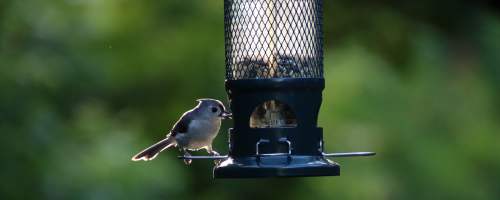
Choosing the Right Bird Feed
Providing high quality feed is essential for the health and well being of your garden birds. Different bird species have varying dietary needs, so offering a variety of foods will attract a wider range of birds. High energy foods like sunflower hearts, peanuts, suet pellets, and mealworms are excellent choices, particularly during extreme weather conditions when birds need extra energy.
Avoid cheap, filler-laden birdseed mixes that contain a lot of wheat, millet or other ingredients that birds often discard. These can create waste and attract unwanted pests. Instead, invest in premium birdseed blends tailored to the birds in your area.
Ensuring the freshness of bird feed is crucial as stale or mouldy food can pose health risks to birds. Mouldy food can contain toxins that are harmful when ingested, potentially leading to illness or even death in birds. Regularly inspecting and replacing bird feed helps maintain its nutritional value and ensures a safe feeding environment for our feathered friends.
During different seasons, birds may have specific nutritional requirements. In the summer, birds need hydration and energy to cope with the heat, while in the winter, high fat foods help them maintain body heat. High protein and calcium such as calciworms and sunflower hearts are great for breading season. Adjusting your offerings seasonally ensures that birds get the nutrition they need year round.
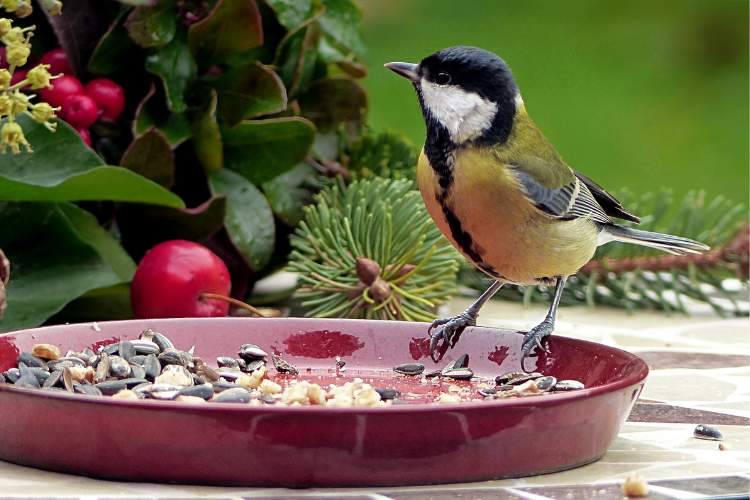
Water
Fresh water is vital for birds, especially during hot weather when dehydration can be a serious risk. Providing a consistent source of clean water for drinking and bathing helps birds stay hydrated and maintain their plumage. Bird baths, shallow dishes, or specially designed water feeders can serve this purpose effectively.
Place water sources in shaded areas to keep the water cool and prevent it from evaporating too quickly. Regularly check the water level and clean the containers to prevent algae build up and contamination. Refresh the water daily, or more frequently in very hot weather, to ensure it remains appealing to birds.
Adding a small fountain or dripper can make the water source more attractive, as the sound and movement of water can draw birds in. This not only provides essential hydration but also encourages birds to visit and linger in your garden.
And remember birds will also need to drink and keep clean in the winter, so make sure your water is accessible year round, for the best impact.
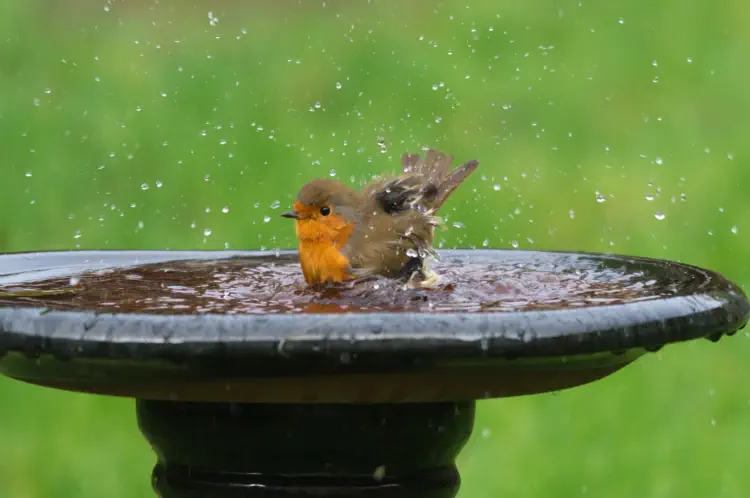
Protection
Protecting bird feeders from predators and pests is essential for maintaining a safe feeding environment. Squirrels and larger birds can dominate feeders, scaring away smaller birds and consuming large quantities of food. Using squirrel proof feeders or adding baffles can deter these opportunistic feeders.
Follow the 5-7-9 rule and position feeders in places that are difficult for predators to reach, such as hanging them from poles with predator guards or placing them away from structures that predators can climb. Additionally, avoid placing feeders too close to dense shrubbery where cats and other predators might hide.
Providing cover such as bushes or trees near feeding stations gives birds a quick escape route from predators. This natural protection helps birds feel safer while they feed, increasing the likelihood that they will return to your garden regularly.
Find out more about protection your bird feeders by clicking here.
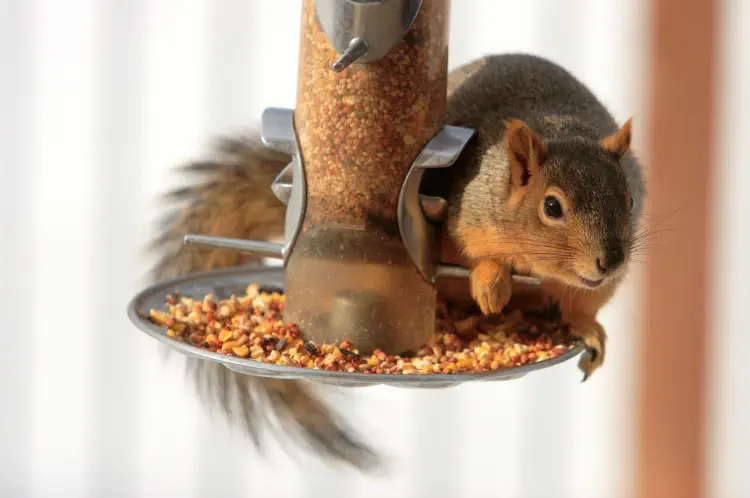
Cleaning
Regular cleaning of bird feeders and water sources is crucial to prevent the spread of disease among bird populations. Dirty feeders can harbour bacteria, mould, and parasites, which can be harmful or even deadly to birds. Aim to clean feeders at least once every two weeks, and more frequently during wet weather or high-traffic periods.
Use a mild disinfectant solution to scrub feeders, rinsing thoroughly to ensure no chemical residue remains. For bird baths, scrub away algae and debris, and rinse well before refilling with fresh water. Ensuring feeders are completely dry before refilling helps prevent mould growth.
In addition to cleaning feeders, regularly remove old food and debris from the ground under feeding stations. This reduces the risk of attracting pests and maintains a clean, healthy environment for your garden birds. Consistent maintenance not only promotes bird health but also keeps your garden looking tidy and inviting.
For a step by step guide in cleaning your feeders, click here.
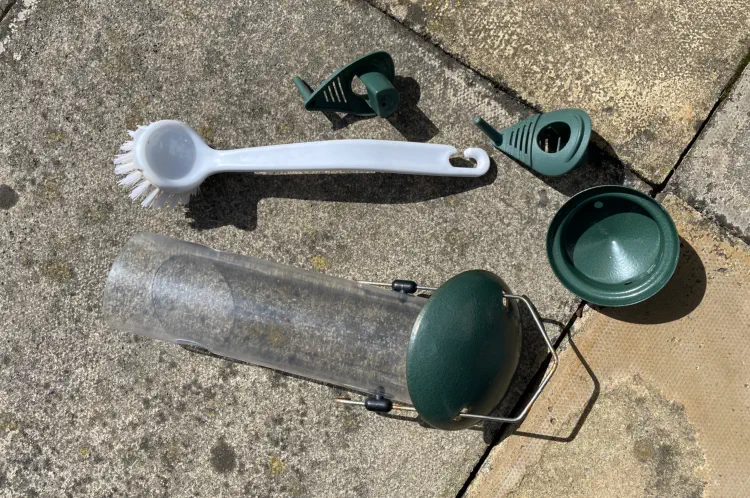
Summary
Creating a bird friendly garden is all about paying attention to the details that make birds feel safe and welcome. Think about where you place your feeders; near some natural cover is perfect so birds can easily escape predators. When it comes to food, go for high quality options like sunflower hearts, peanuts, and suet pellets to give them the nutrition they need. Don’t forget the water—a fresh, clean source is a lifesaver, especially in the heat.
Keeping everything clean is crucial too. Regularly scrubbing feeders and changing the water helps prevent disease and keeps your garden inviting. And, of course, protecting those feeders from pesky squirrels and larger birds ensures the little ones get their fair share. With these simple steps, your garden can become a sanctuary that birds will flock to, bringing joy and vibrant life to your outdoor space.
Frequently Asked Questions
How do I attract specific bird species to my garden?
- Answer: Offer the types of food they prefer, such as sunflower hearts for finches or mealworms for robins. Plant native trees and shrubs that provide natural food and habitat, and use feeders and nesting boxes designed for those particular species.
What types of plants and trees are best for providing shelter and shade for birds?
- Answer: Use trees like oaks and pines, shrubs like holly, and climbing plants like ivy for excellent shelter and shade.
How can I ensure the water in bird baths stays fresh and clean?
- Answer: Change water daily, clean with mild disinfectant weekly, and place baths in shaded areas.
What is the 5-7-9 rule for placing bird feeders?
- Answer: Place feeders 5 feet above the ground, 7 feet away from jumping-off points, and 9 feet from nearby surfaces to deter squirrels.
How do I know if my bird feeders are positioned safely away from predators?
- Answer: Ensure feeders are placed at least 10-12 feet away from dense shrubbery or structures where predators could hide. Use baffles on feeder poles and hang feeders high enough to prevent easy access by predators like cats or squirrels.
